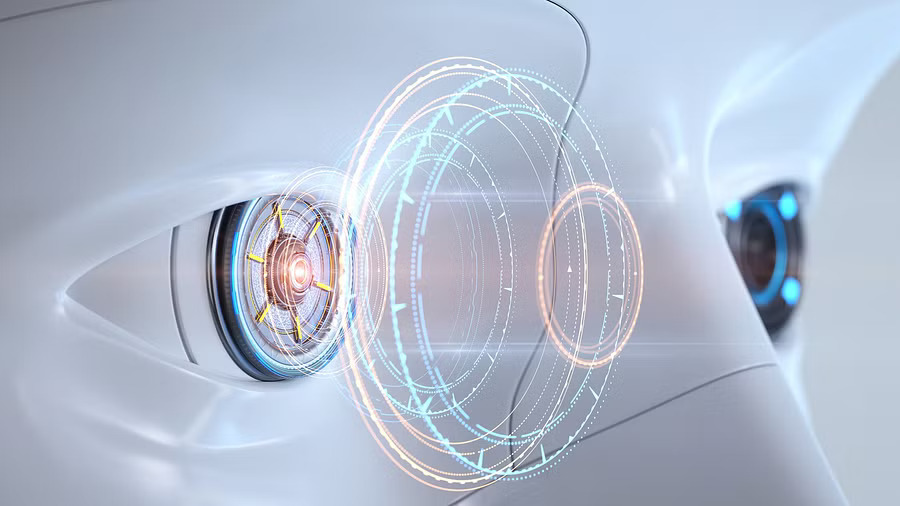Researchers at the International Institute of Information Technology (IIIT) Bangalore have achieved a significant milestone in the field of robotics by developing a groundbreaking model that can perceive and respond to human emotions. This innovative development holds the promise of revolutionizing human-robot interactions and fostering more intuitive and empathetic robotic systems.
The research team at IIIT Bangalore has leveraged advanced technologies, including artificial intelligence and machine learning, to create a robotic model with the ability to discern and interpret human emotions. The model is designed to recognize a range of emotions expressed by individuals, enabling the robot to adapt its behavior and responses accordingly.
The potential applications of this breakthrough extend across various domains, from healthcare and customer service to education and entertainment. In healthcare, for instance, robots equipped with emotional intelligence could provide companionship and support to patients, enhancing the overall well-being of individuals. Similarly, in customer service settings, robots capable of understanding and responding to human emotions could offer more personalized and empathetic interactions.
The development aligns with the evolving paradigm of human-robot collaboration, emphasizing the importance of creating machines that can seamlessly integrate into human environments and understand the nuanced aspects of human communication. By imbuing robots with emotional intelligence, researchers aim to enhance the user experience and foster more meaningful interactions between humans and machines.
The IIIT Bangalore researchers’ accomplishment contributes to the ongoing discourse on the ethical considerations and societal implications of integrating emotionally intelligent robots into various aspects of daily life. As technology continues to advance, addressing questions related to privacy, consent, and the ethical use of emotional data becomes imperative to ensure responsible and beneficial integration into society.
In conclusion, the unveiling of the robotic model with the capability to sense human emotions by IIIT Bangalore researchers marks a remarkable stride in the realm of artificial intelligence and robotics. This breakthrough not only showcases the potential for enhanced human-robot interactions but also prompts thoughtful discussions on the ethical considerations surrounding the integration of emotionally intelligent robots into our daily lives. The research paves the way for a future where machines can not only understand but also respond empathetically to the diverse range of human emotions.
Sponsored
FACTS Transcripts
Apply for a University document anywhere
https://www.factstranscript.com
Quick Transcripts for popular Universities, check your University name now and get started. We help you to get your transcript application online which is accepted for use of IRCC.
No DD, NO Paperwork. 100% Authentic, Reliable.
FACTS Transcripts Charges · Reviews · Assam Universities · Home · Know your University










